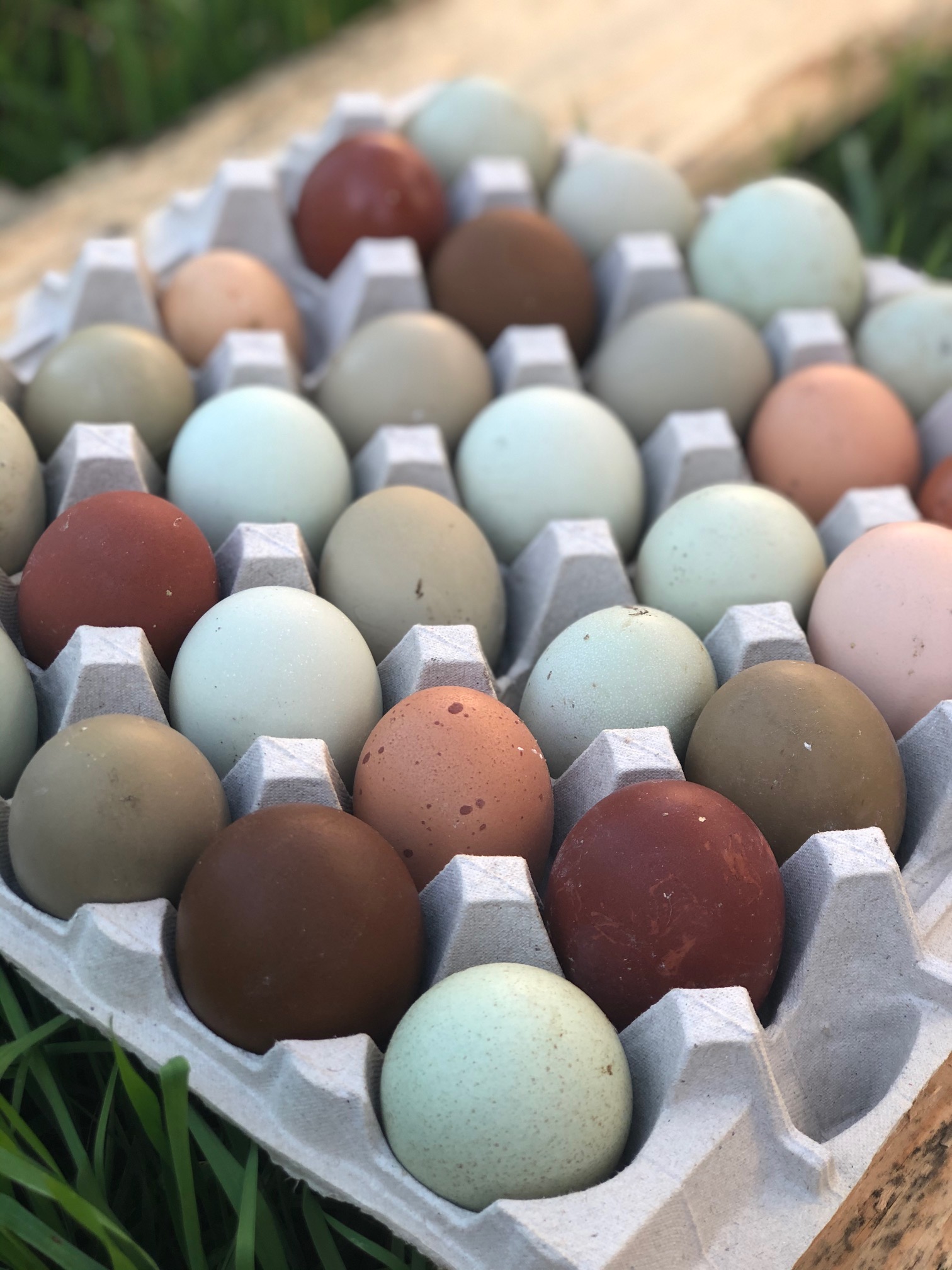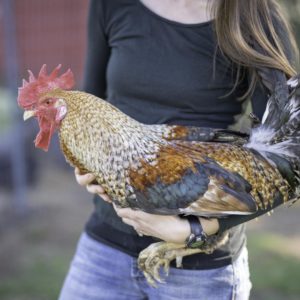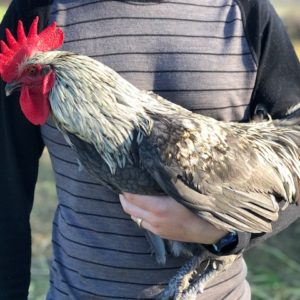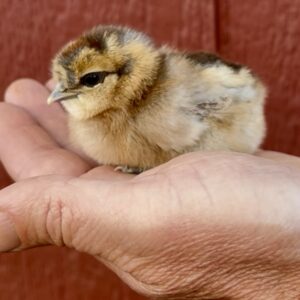Lets do a deeper dive into what is causing your ladies to stop laying eggs.
Raising chickens for their eggs is a wonderful experience, but it’s not uncommon for chicken owners to encounter the puzzling problem of their hens suddenly stopping laying eggs. This can be a confusing and stressful situation for any chicken keeper, but it’s important to understand that there are several common reasons why chickens stop laying eggs. By identifying and addressing the underlying cause, it’s often possible to restore egg production and get your chickens back on track.
Here are some of the most common reasons why chickens stop laying eggs:
- Age: Just like humans, chickens’ reproductive systems slow down as they age. Most chickens will start laying eggs at around 5-6 months of age and will continue laying for several years. However, as they get older, their egg production will naturally decline, and eventually stop altogether.
- Molting: Chickens go through a natural process of shedding and regrowing their feathers once or twice a year, which is known as molting. During this time, chickens often stop laying eggs, as their bodies are focusing on growing new feathers rather than producing eggs.
- Stress: Chickens are sensitive animals that can be easily stressed by changes to their environment or routine. Stressors such as extreme temperatures, overcrowding, or changes in diet can cause a chicken to stop laying eggs. We recommend using our chick/hen probiotic/vitamin powder added into their water during times of stress.
- Illness or disease: Certain illnesses or diseases can affect a chicken’s ability to lay eggs. For example, infectious bronchitis is a common respiratory illness that can cause a drop in egg production.
- Lack of light: Chickens need a certain amount of light each day to stimulate egg production. If they are kept in an area with insufficient light, such as during the winter months, they may stop laying eggs.
- Poor nutrition: A balanced diet is crucial for a chicken’s health and ability to lay eggs. If they are not receiving the right nutrients, such as enough protein or calcium, they may stop laying eggs. Hens need at least 16% protein in their feed while chicks need 20%.
If you notice that your chickens have stopped laying eggs, it’s important to identify and address the underlying cause as soon as possible. Here are some steps you can take:
- Check your chickens’ age: If your chickens are older, it’s natural for their egg production to decline. You may want to consider adding younger chickens to your flock to maintain a steady egg supply.
- Evaluate your chickens’ diet: Make sure your chickens are getting a balanced diet that includes sufficient protein and calcium. You may also want to consider providing additional sources of calcium, such as oyster shells.
- Provide sufficient light: If your chickens are not getting enough light, consider providing supplemental lighting to stimulate egg production. Chickens do have a natural slow down in production in the winter. Ask yourself if you can allow them to have that natural slow down of if you need production to be high to feed your family.
- Monitor your chickens’ health: Keep a close eye on your chickens for signs of illness or disease, and consult with a veterinarian if necessary.
- Address environmental stressors: Make sure your chickens are not overcrowded, and provide adequate ventilation in the coop and temperature control. Are the ladies too hot in summer? Too cold in winter? Spend time with your flock and get a sense of their comfort by observing them.









